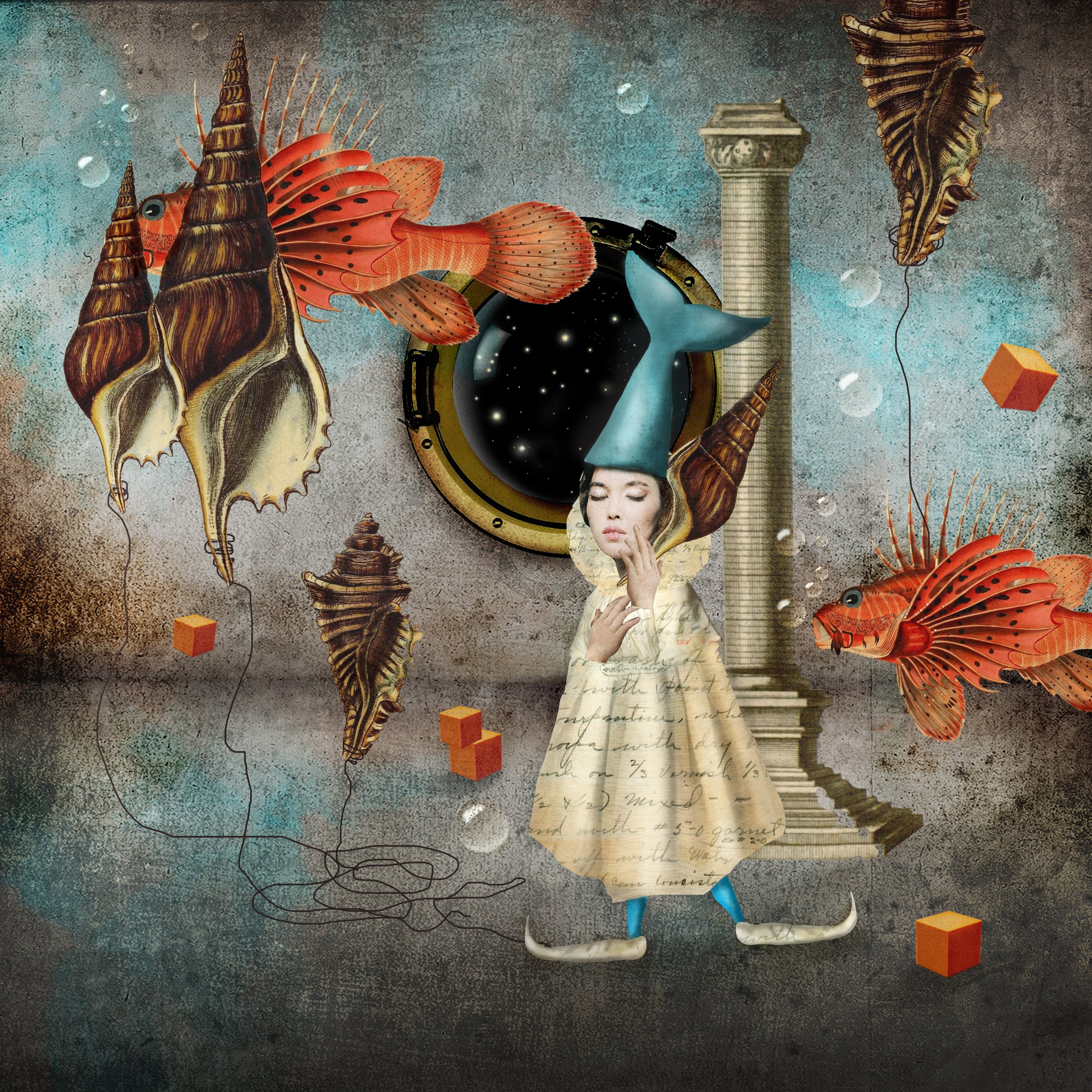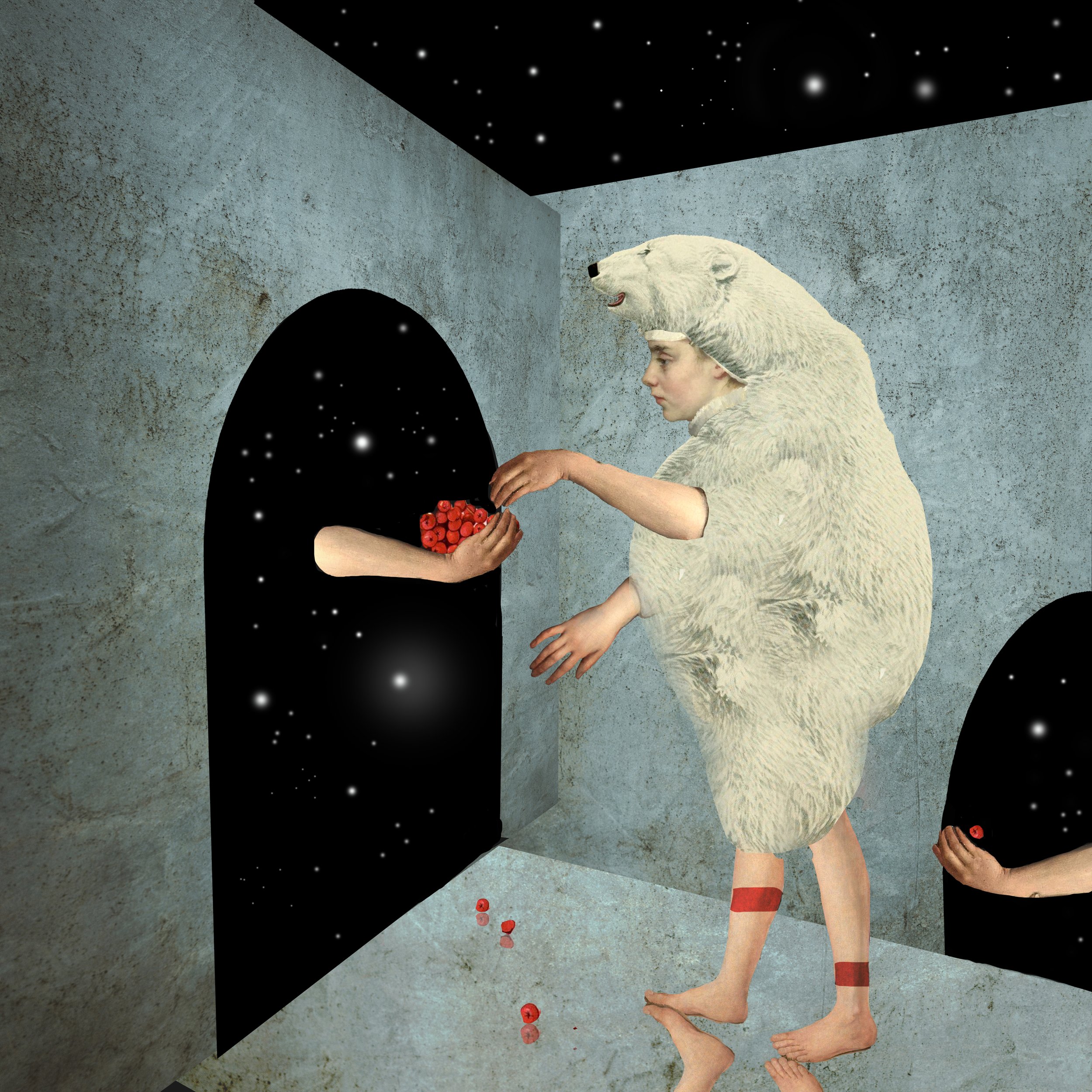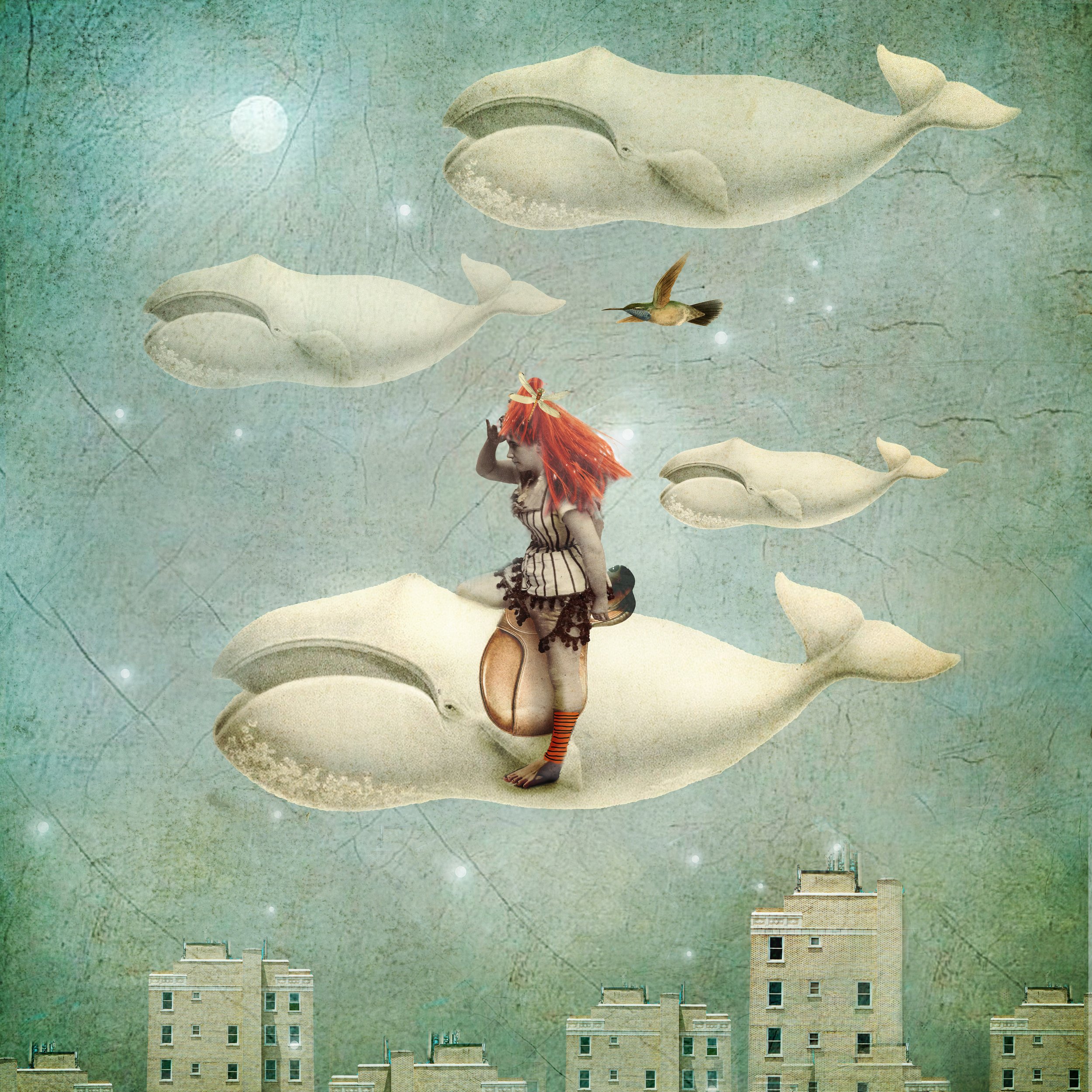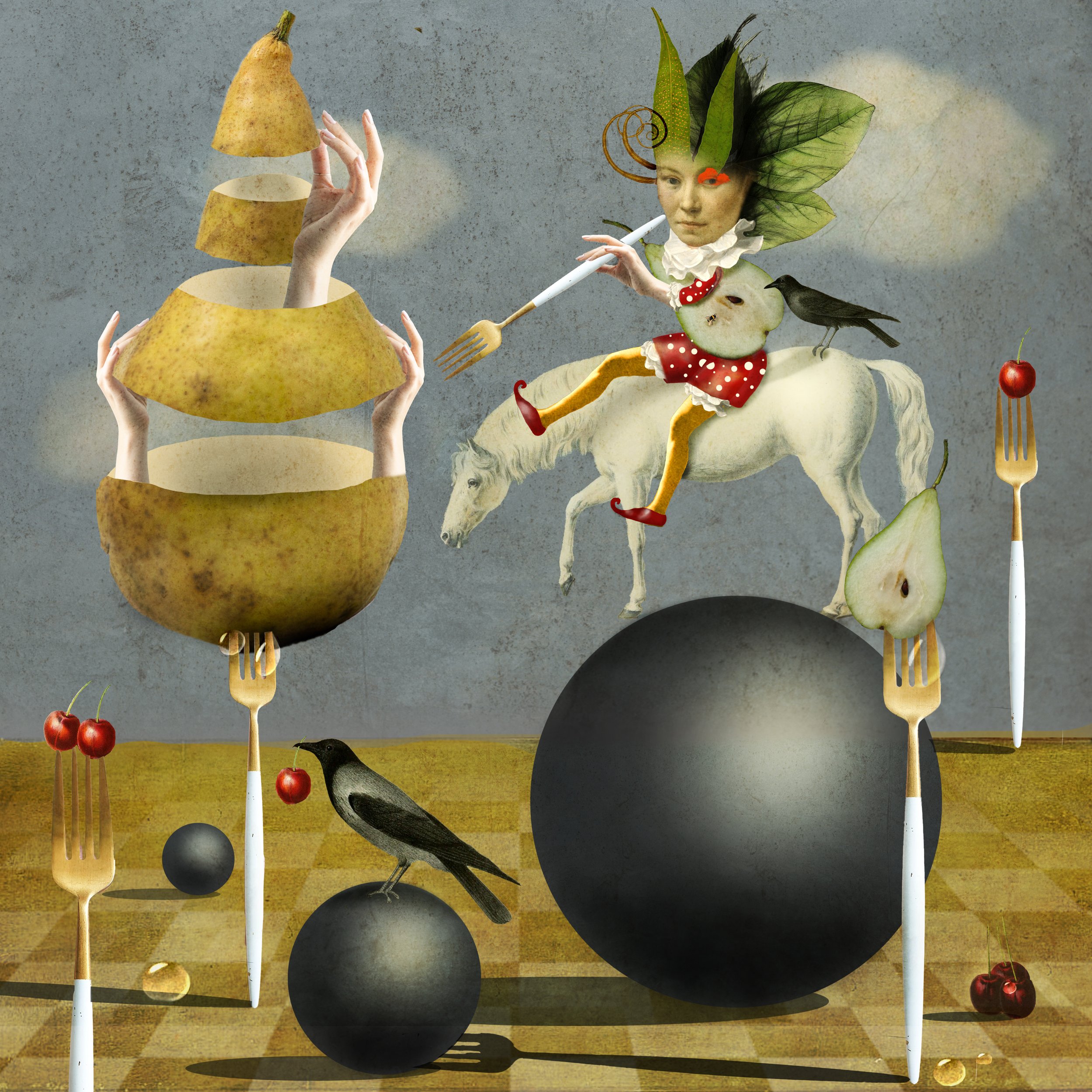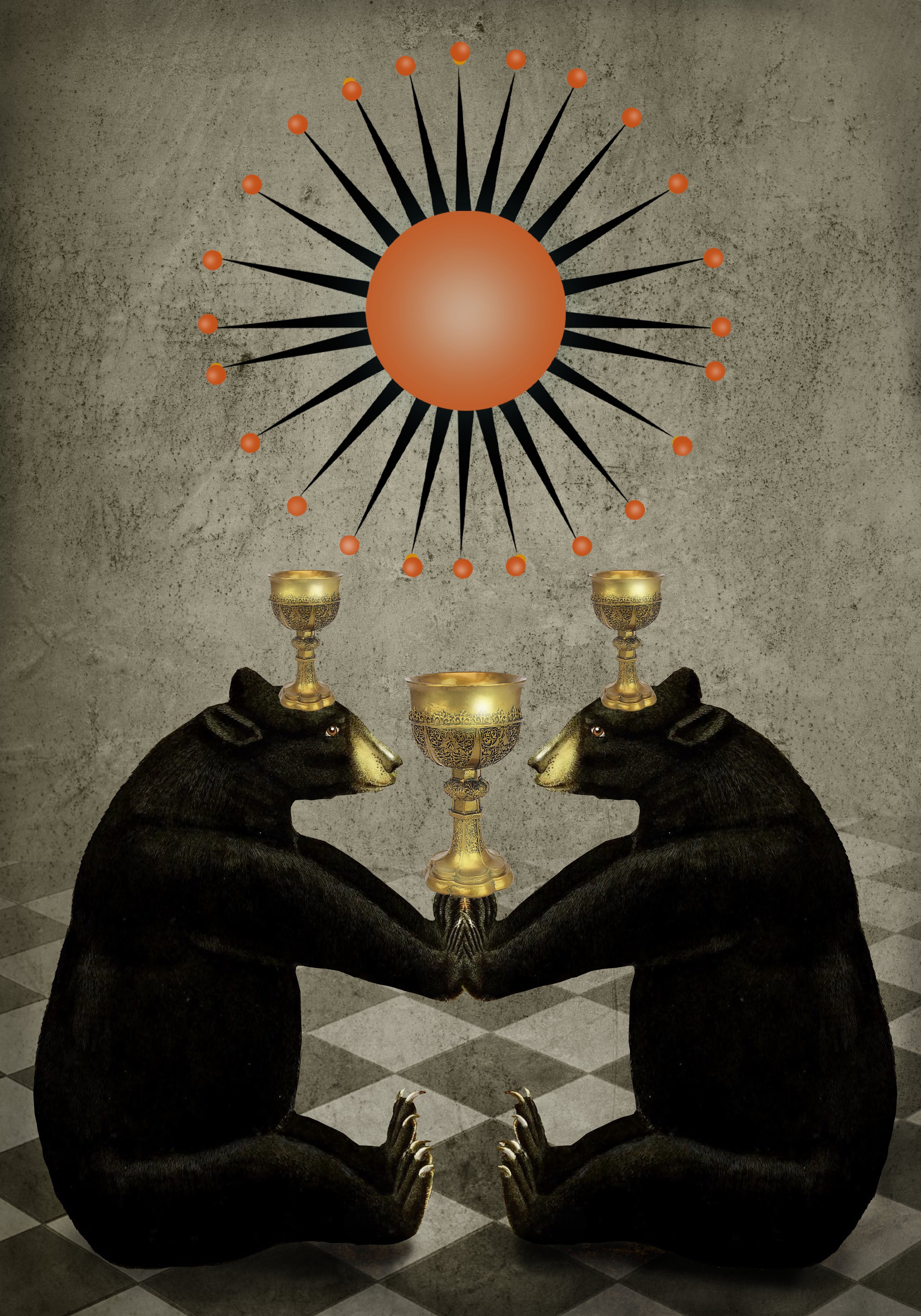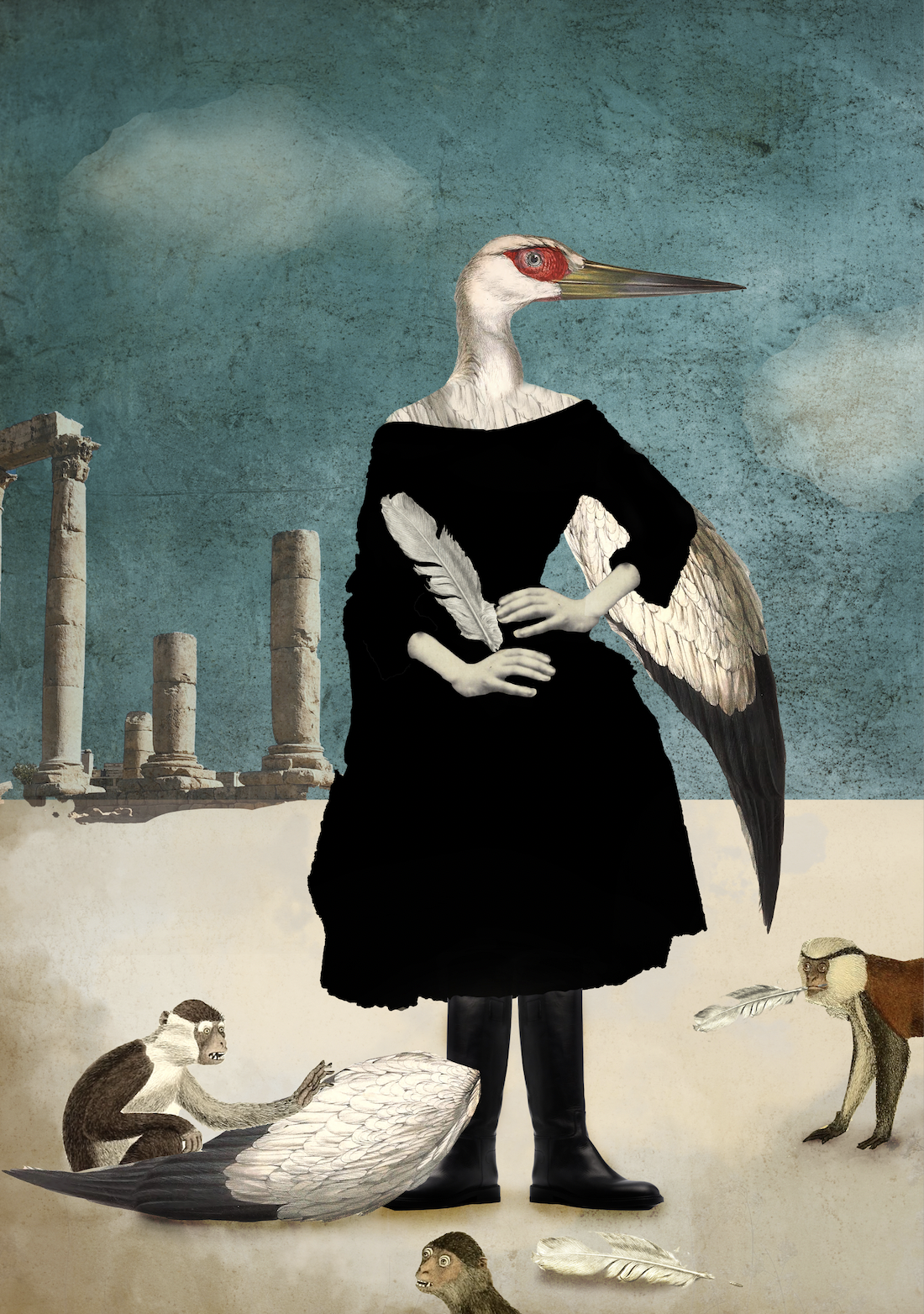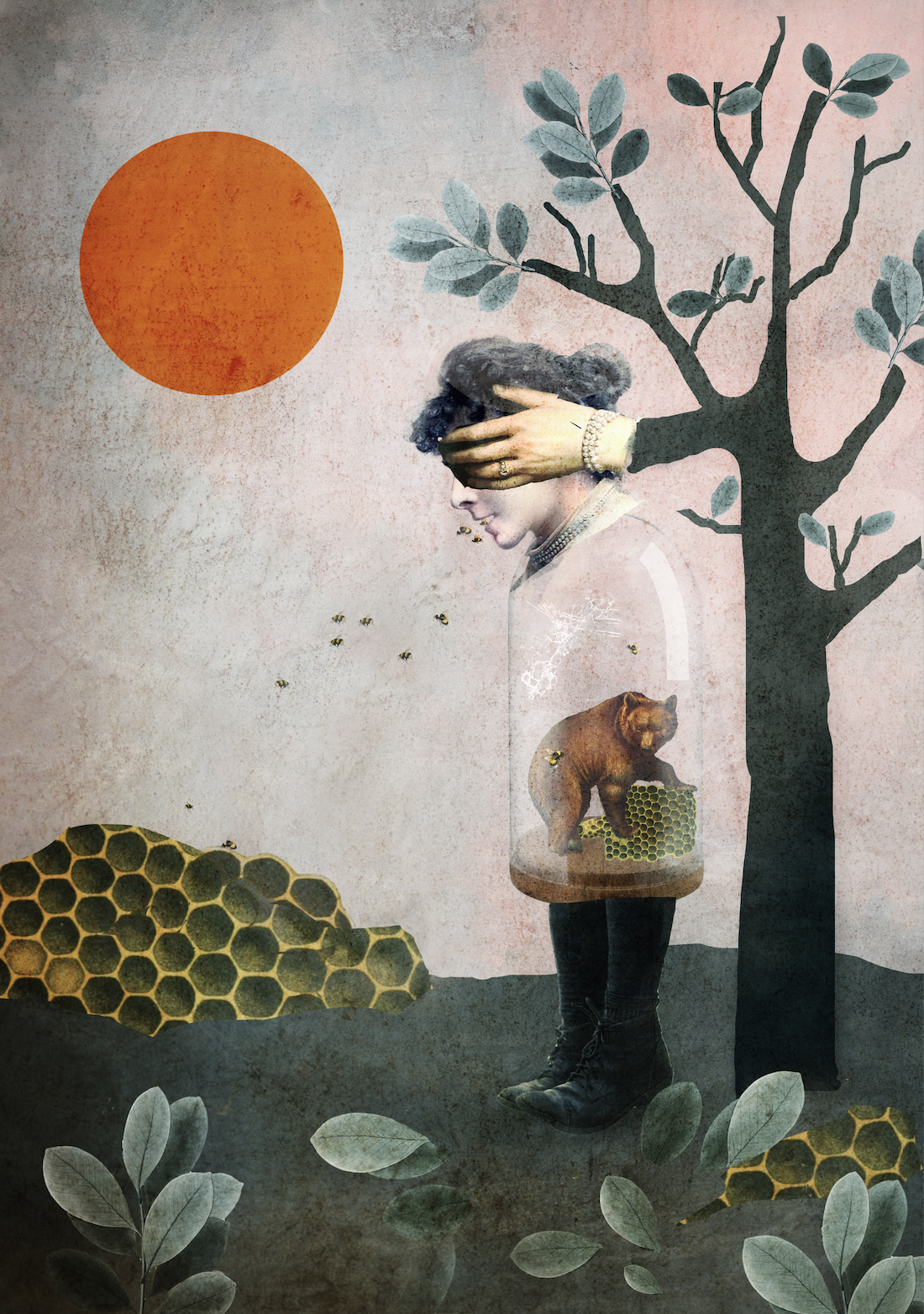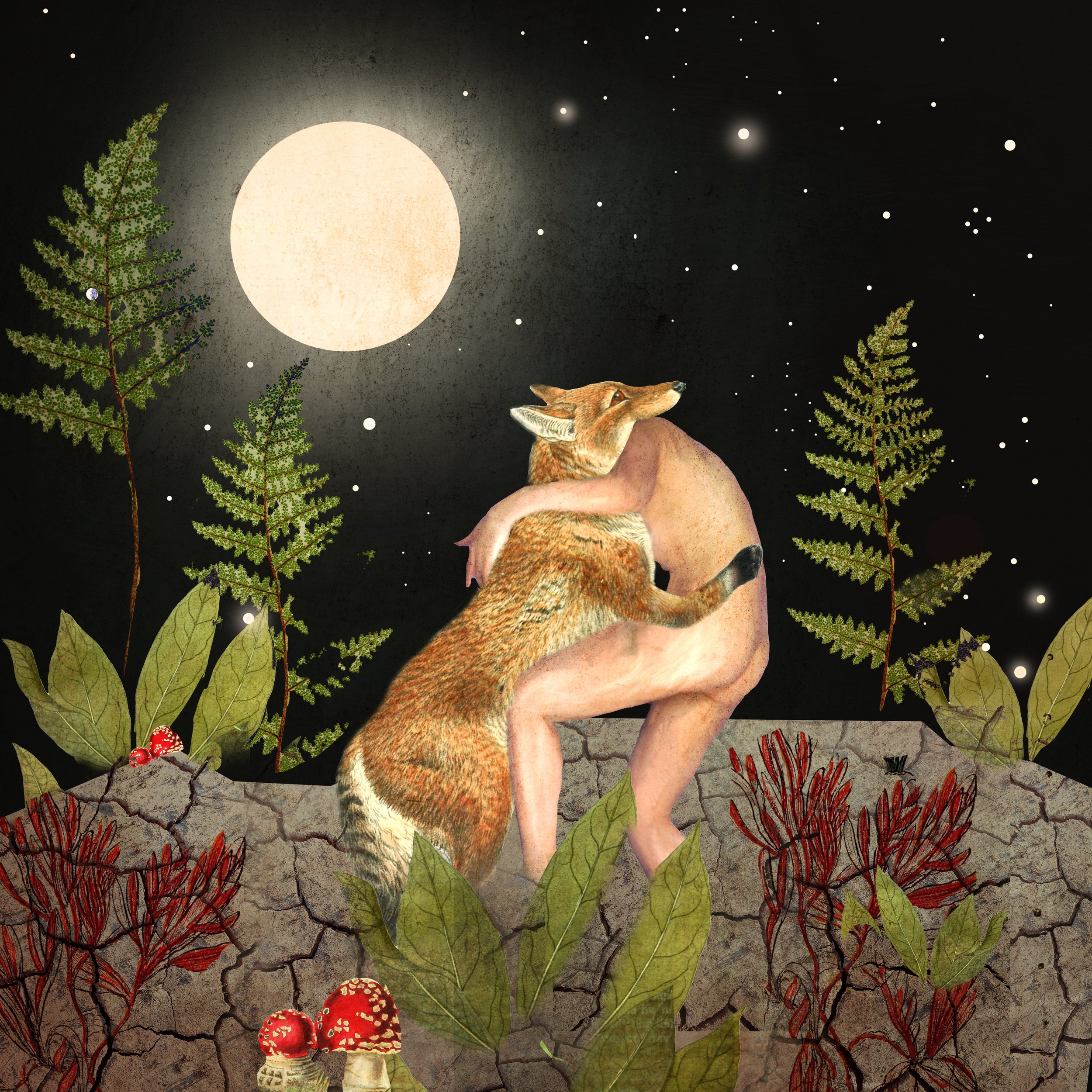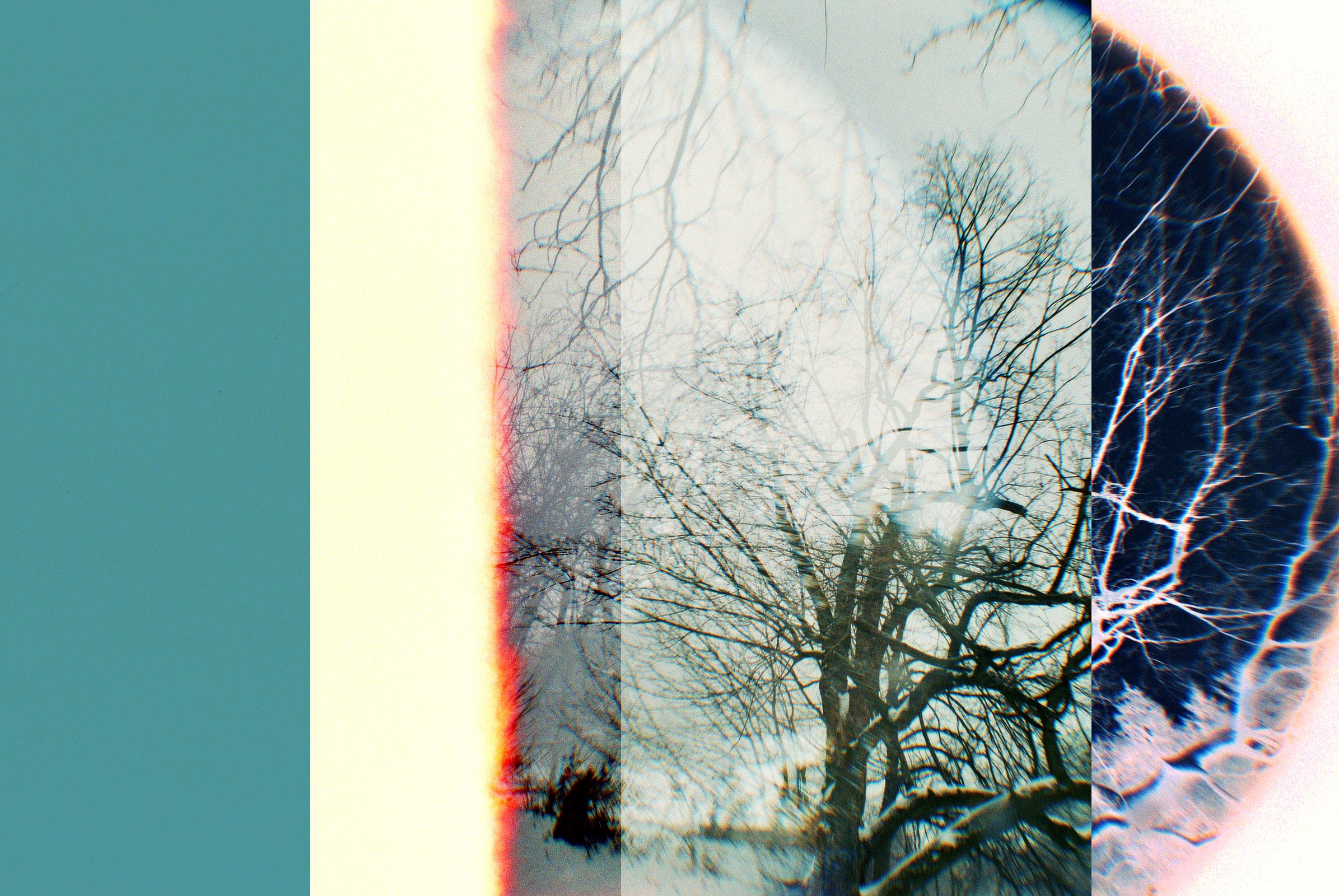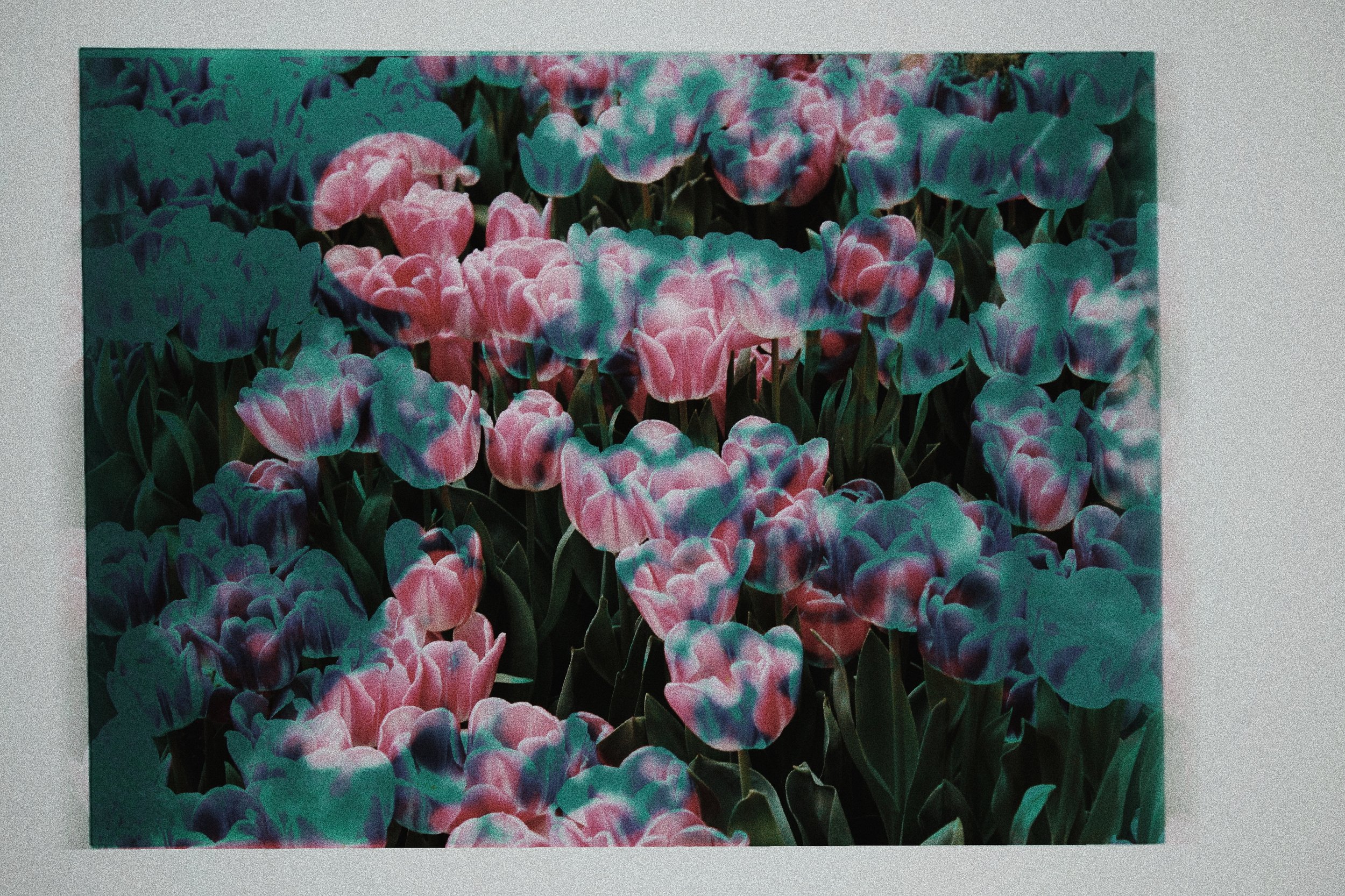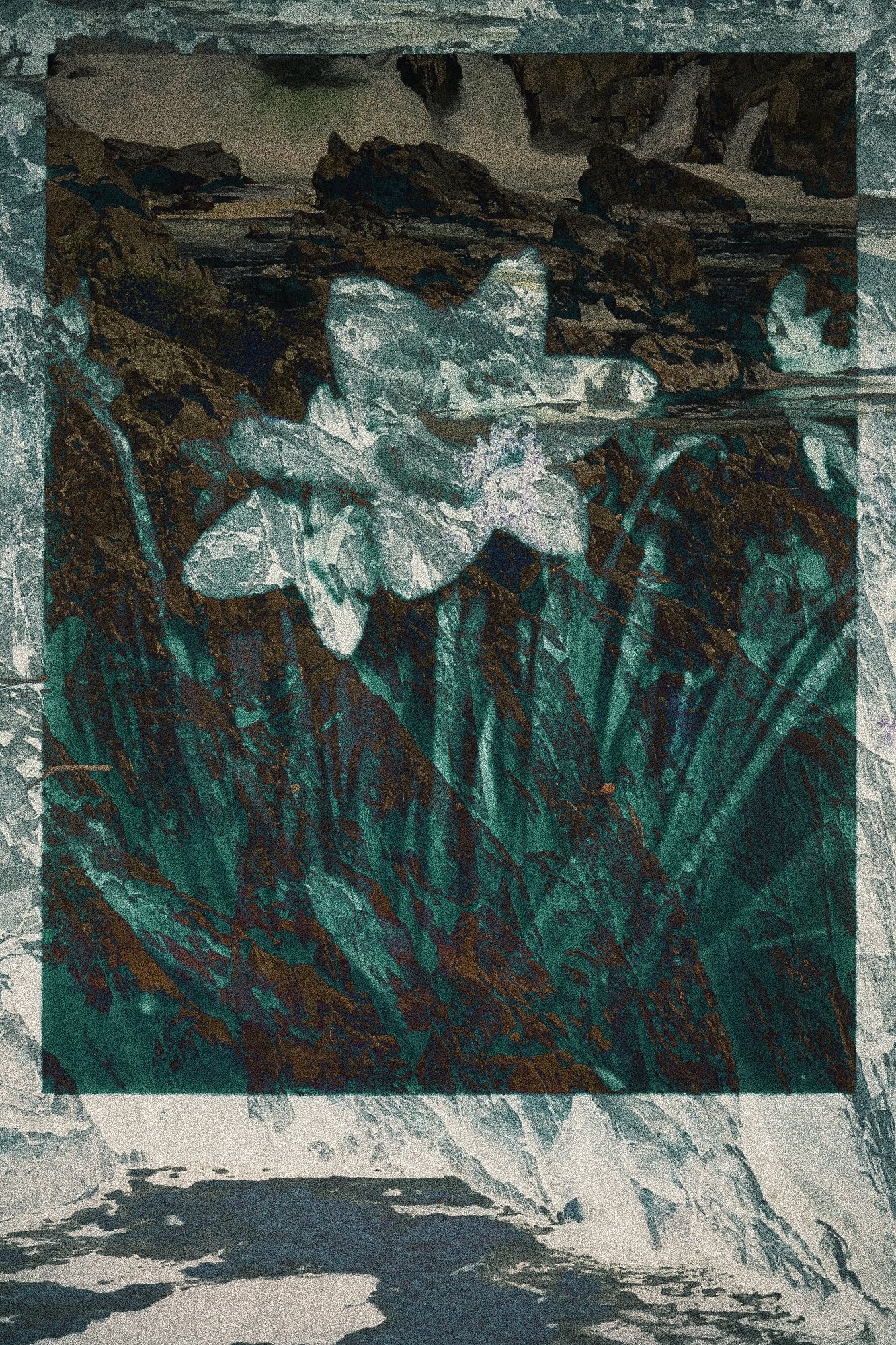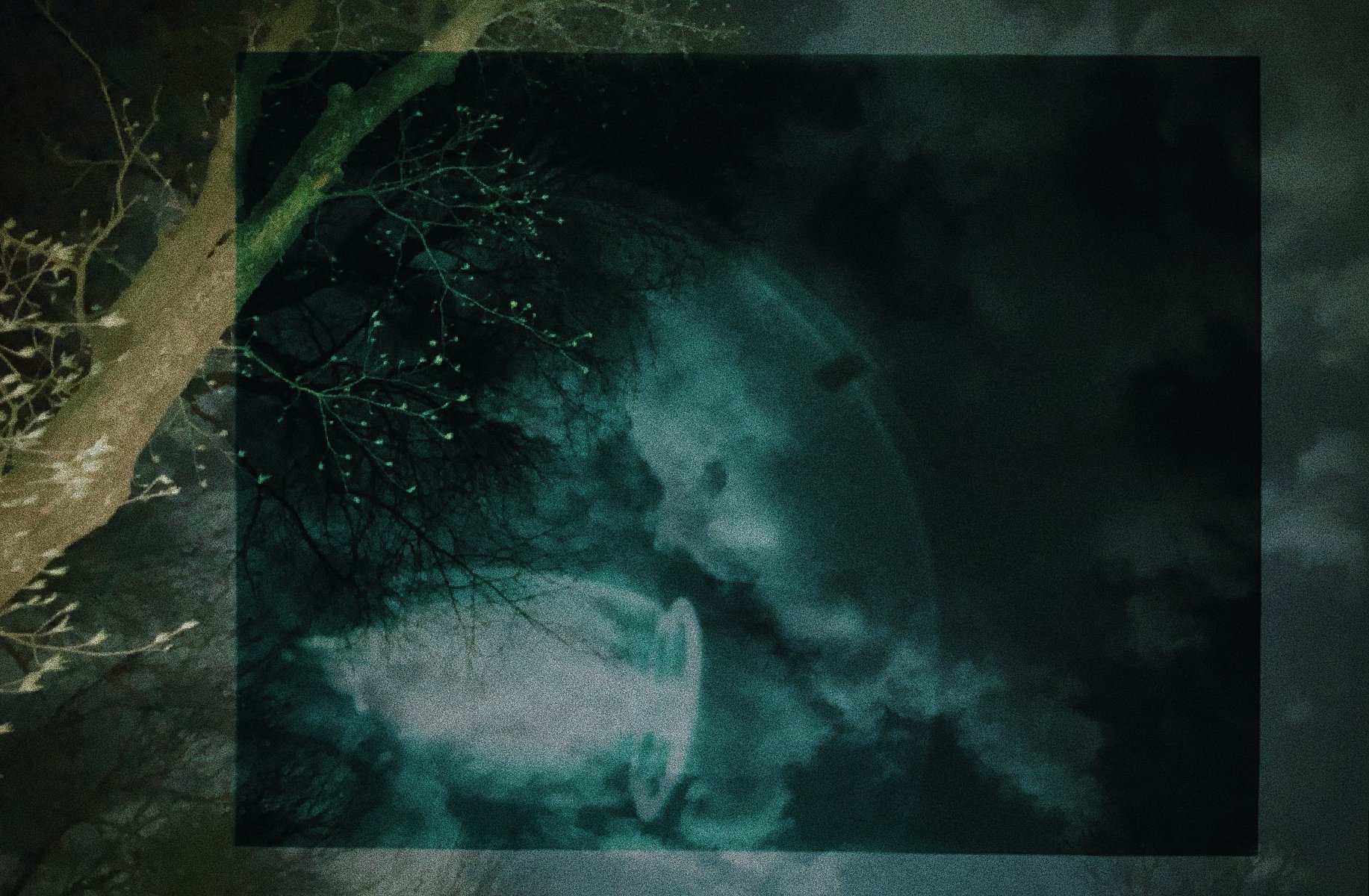2 poems
Report
On 13th September, Dorothy Wordsworth notes in her journal her walk
through the Grampian highlands
—the country “very rocky and irregular” and made bare by famine—
an injunction which exists like land after ice flows, determinate, orientating,
the submerged memories of barrenness reach out to operative landscapes
elsewhere, the same impression of metal on soil yielding harvest or held
hostage; crops grew crepuscular gathered imperceptibly by the scything
moon—the land fleeing regular raids, the spread of weather, collected in drinks
the drainage to spirit and the uncertain flinch across the years, a muscle-pass,
a time-pulse, a clairaudience with reaping songs
The sound overflow anchored the heart-land to the
corrugated ribs coaxing seed burst
the same date again, an introduction to time land occupied by facts
and to a moment more fallow ‘seed time learn’ in attendance of
ripening mounds the naming of history with your words the resonance
for more rinsed water a longing for a language that would take us to
the beginning, ahead of closed chasms, now you are evening fruit
growing through sighted gestures and the responses given through
valley folds the broadening methods of splitting attention across
the slowness of the years. Being small, proverbial, contained
aurally in the measurement of run vegetation—bigha—the inking
of labour into alliteration, reflecting several shades of purple left by
the veined entry.
We were walking the same date before your failing knee and the parallax of
birth, the time owed to us revisited through the recollections of journeys
enduring several listenings.
An Absorption
The last living language of a deserted range
pentatonic differently rising same cohesive sky and sight
the ocean bed crystallized spiral shell ophiolites
forced trussing landmassed gabble heard placing
ear to sand only singing to not forget shapes of
unknown words the voice too carries the salt air
before the fissures that were nerves before the nerves
were the lines of runes remembered meetings of
mists and means following pitchered trail and decant
prayer from sediment tongue before the frequent
exchange the kind unable to recognize the dips and
folds evolutionary colour birds queue to surface
morning light the life of us the rest-sought earth
the up-heaving of gifted membranous sea.
Rupsa Banerjee’s poems have been published by Lady Chaos Press (New York), Chaour (Kolkata), Earthbound Press (London), and Veer Press (London). Her poem “Turning Towards” was shortlisted for the The River Heron Review Poetry Prize (2019), and she was a semi-finalist for the Janet McCabe poetry prize, Ruminate Magazine (2021). Her poetry is interleaved with the desperation of identity erosion and the longing for a literary anchor that is placed at once in an everywhere and a nowhere. She teaches at St. Xavier’s University, Kolkata, India. Her academic publications include writings on the works of Modernist and late modern poets such as William Carlos Williams, Wallace Stevens, J. H. Prynne and Peter Riley. She has translated the works of Hungry Generation poets of Bengal into English and is currently working on translating the works of J. H. Prynne into English.

